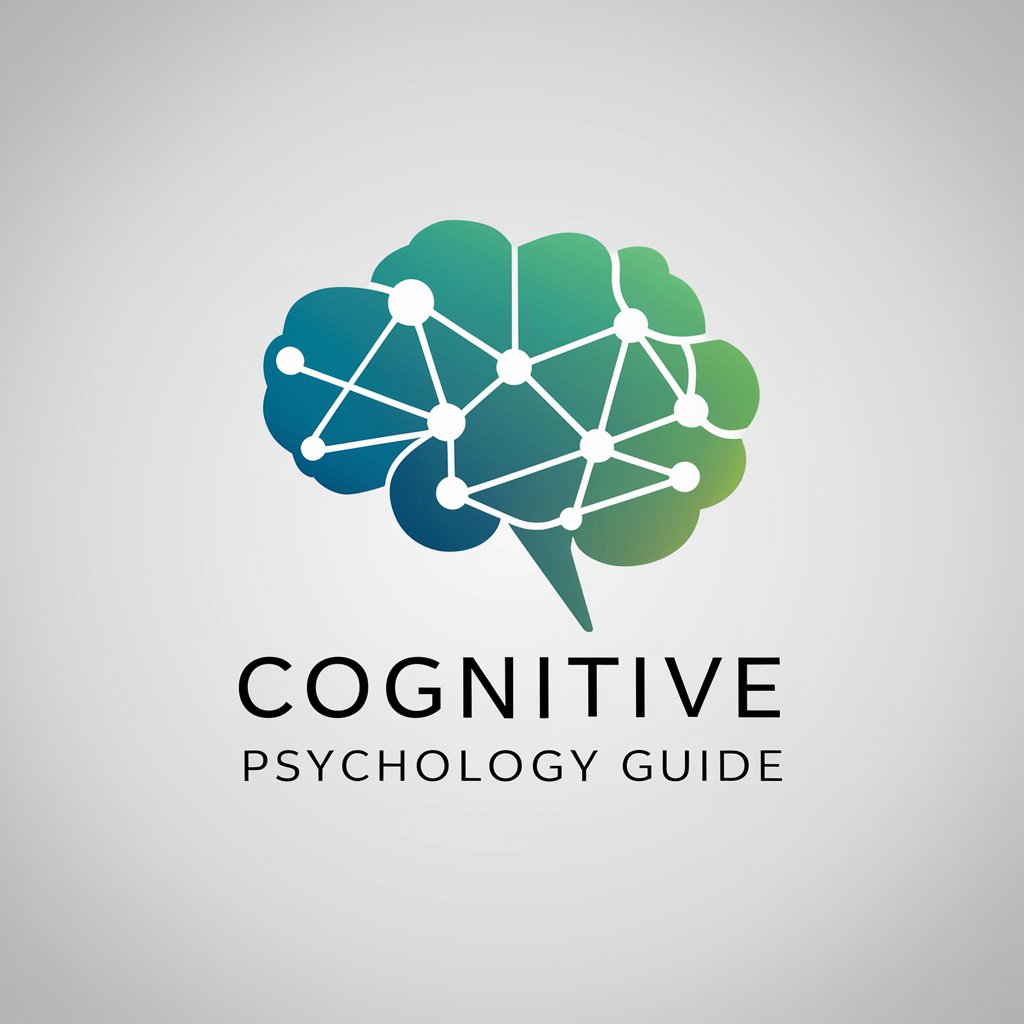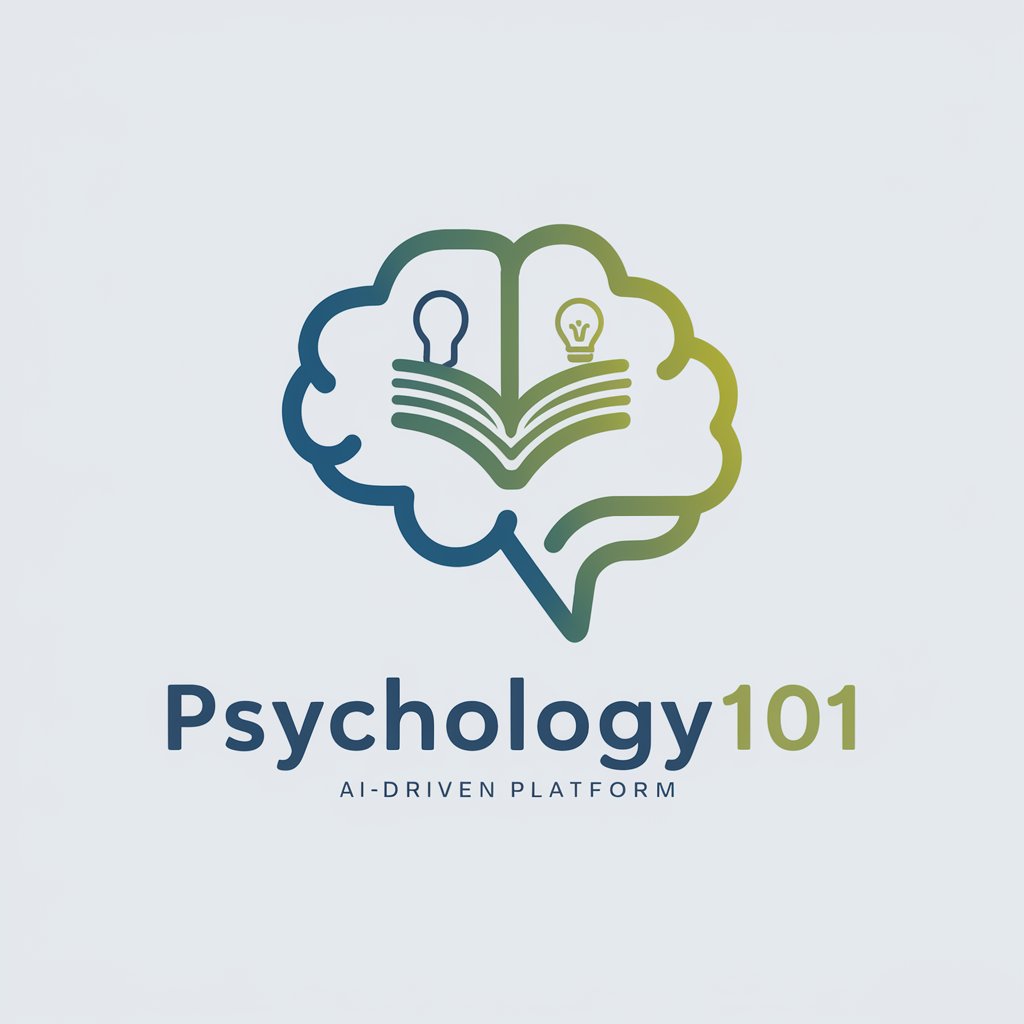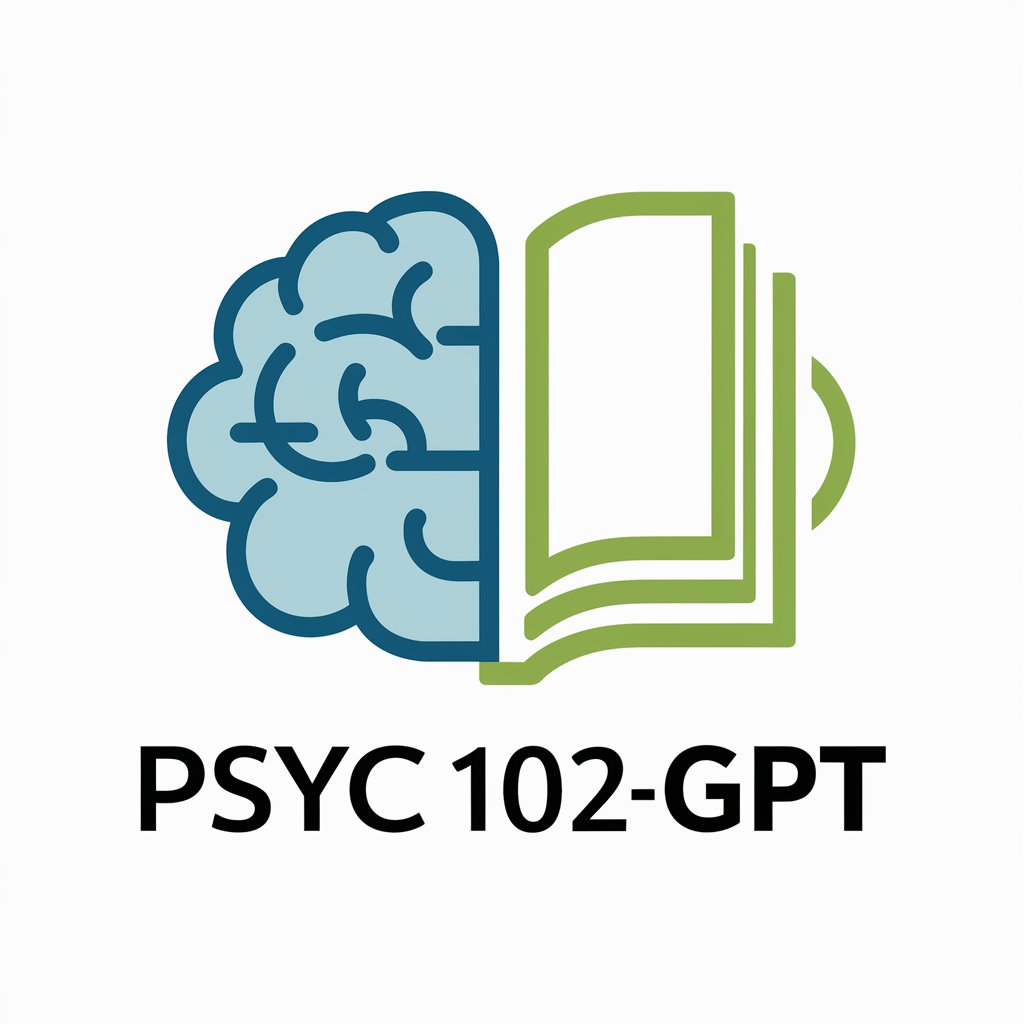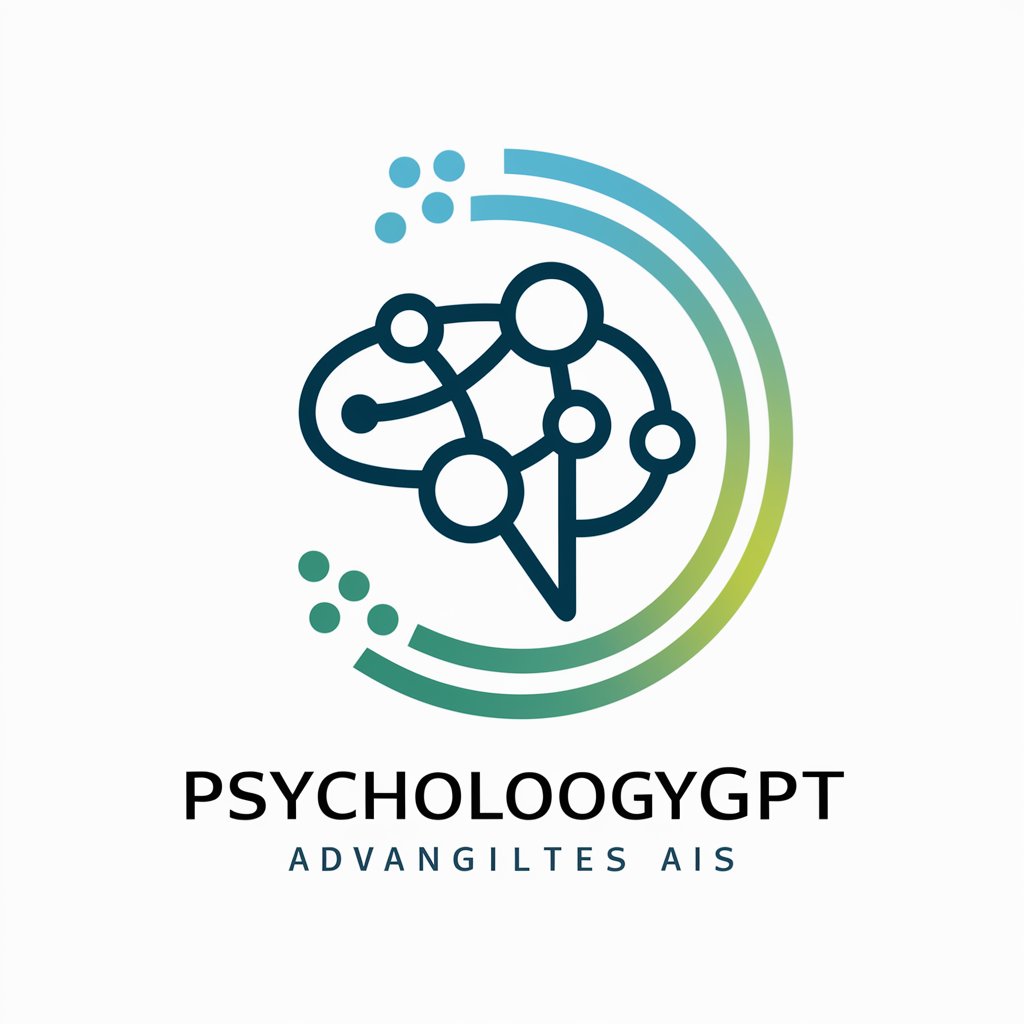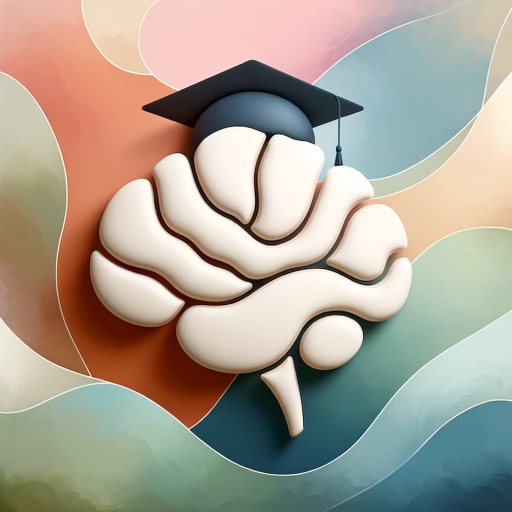
Social Psychology - AI social psychology insights.

Hello! Let's explore and learn about social psychology together.
AI-powered tool for mastering social interactions.
What are the key principles of social psychology?
How can I improve my communication skills using social psychology?
What's the latest research in social psychology about?
Can you explain how group dynamics work?
Get Embed Code
Introduction to Social Psychology
Social Psychology is a domain focused on understanding how individuals interact with each other and their environments, particularly within group settings. It examines social dynamics, attitudes, behaviors, and the psychological mechanisms behind human interaction. Social Psychology provides insights into phenomena such as social influence, conformity, leadership, and group behavior. For example, it helps explain how peer pressure works or why people might conform to social norms. Its design purpose is to offer tools that enhance interpersonal understanding, emotional intelligence, and personal growth by applying psychological theories and social science principles. In workplace settings, for example, it helps managers improve team dynamics by understanding the social influence within teams. Powered by ChatGPT-4o。

Main Functions of Social Psychology
Understanding Social Dynamics
Example
Exploring how group cohesion affects productivity.
Scenario
In a workplace, this function helps analyze the influence of team cohesion on overall productivity and decision-making processes, providing strategies to foster collaboration.
Enhancing Interpersonal Skills
Example
Improving conflict resolution techniques.
Scenario
When conflicts arise in a team, this function teaches individuals how to mediate disputes, actively listen, and communicate more effectively to reach mutually beneficial outcomes.
Cultural Competence
Example
Navigating cross-cultural communication barriers.
Scenario
In multinational corporations, employees often need to communicate across cultural lines. This function assists in understanding cultural norms, thus avoiding miscommunication and fostering inclusivity.
Behavioral Change
Example
Breaking bad habits and developing positive routines.
Scenario
This function helps individuals identify unhealthy behavioral patterns, such as procrastination, and offers strategies to replace them with more productive habits, enhancing personal and professional growth.
Psychological Well-Being
Example
Managing stress and anxiety.
Scenario
For individuals facing high stress, Social Psychology offers coping strategies such as mindfulness techniques, improving emotional resilience and well-being.
Navigating Social Media and Digital Worlds
Example
Managing online identity and dealing with social media stress.
Scenario
Given the rise of digital communication, this function helps individuals understand the psychological impact of social media, guiding them on how to maintain a healthy digital presence and cope with issues like cyberbullying.
Support for Social Activism
Example
Engaging in social movements effectively.
Scenario
Activists looking to advance social causes can use insights from this function to understand the psychology behind social change, helping them develop strategies for effective advocacy.
Ideal Users of Social Psychology
Students and Researchers
Social Psychology offers academic insights into human behavior, which are crucial for students and researchers studying fields like psychology, sociology, and anthropology. These users benefit from the tool's ability to explain complex theories, assist with research methodologies, and interpret social phenomena in real-world contexts.
Corporate Professionals
For professionals in human resources, management, or marketing, understanding social psychology can improve workplace culture, employee motivation, and consumer behavior. These users benefit from tools that offer strategies to enhance leadership, resolve conflicts, and foster a positive work environment.
Therapists and Mental Health Practitioners
Therapists can use Social Psychology to better understand their clients' interpersonal struggles, social anxieties, and cultural challenges. This knowledge helps in providing more tailored therapeutic interventions.
Social Activists and Community Leaders
Activists and community organizers benefit from the psychological insights on social change and group dynamics. By understanding how social movements gain momentum and the psychological basis for activism, these users can craft more effective advocacy strategies.
Individuals Seeking Personal Growth
Anyone looking to improve self-awareness, communication skills, or emotional intelligence can use Social Psychology tools to enhance their personal relationships, boost self-esteem, and navigate social environments more effectively.

How to Use Social Psychology
Visit yeschat.ai
Visit yeschat.ai for a free trial without login, also no need for ChatGPT Plus. This provides immediate access to Social Psychology without requiring additional setup.
Familiarize Yourself with Key Features
Understand the core functions such as group behavior insights, communication techniques, and personal development guidance. Ensure you know what aspect of social psychology you want to explore.
Select Your Focus Area
Choose whether you want help in understanding interpersonal dynamics, cultural competence, or psychological well-being. Customizing the focus helps optimize the learning experience.
Engage with Interactive Tools
Use the interactive quizzes, scenario-based learning, and simulations to deepen your understanding of topics like conflict resolution and leadership dynamics.
Leverage Multilingual Support and Personalization
For non-English speakers or specific cultural contexts, use the multilingual and personalized features to ensure culturally appropriate responses and tailored learning experiences.
Try other advanced and practical GPTs
Asesor Educativo Ejecutivo
Empowering executive education with AI

Amigo Educativo
Learn Smarter with AI-Powered Tutoring

Orientador de Análisis Educativo
Empower education with AI insight
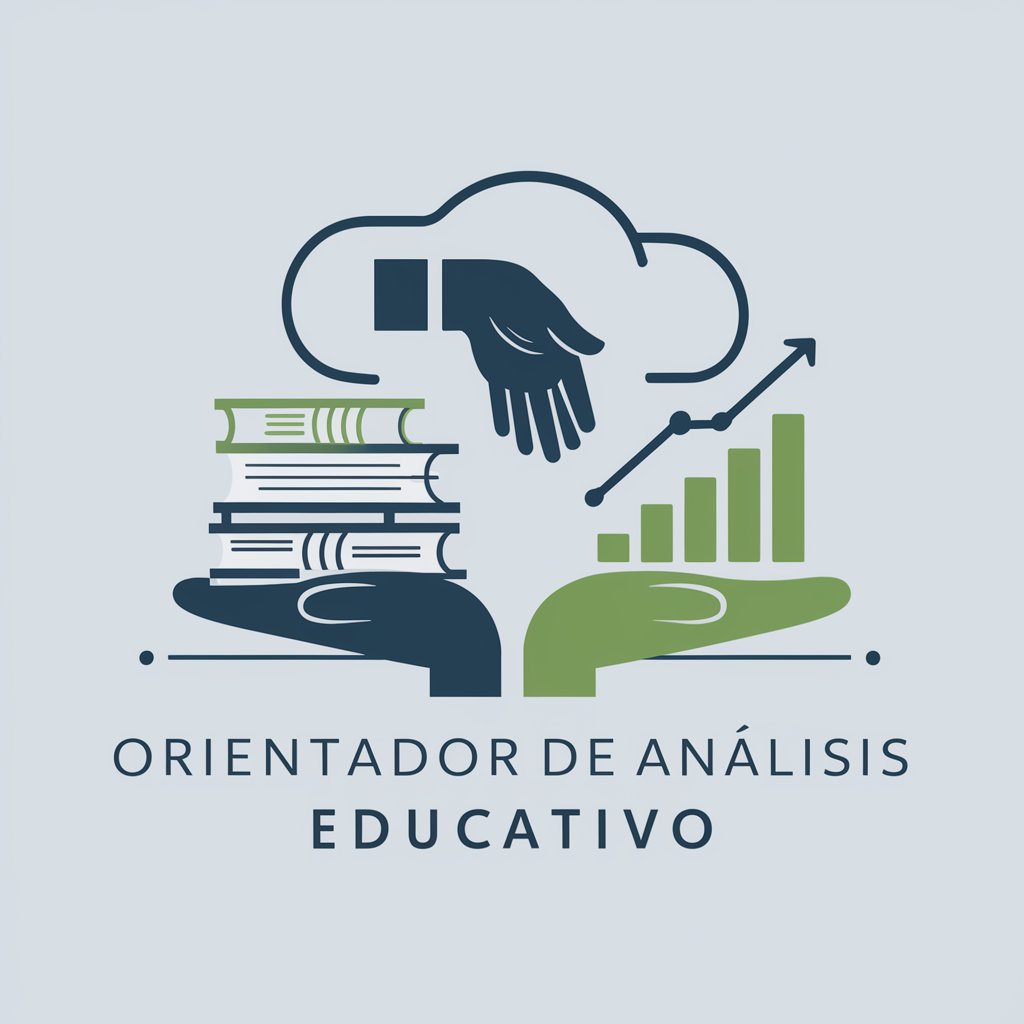
Asistente ITIL Educativo
Revolutionizing ITIL V3 Education with AI

Asistente Innovador Educativo
Empowering Vocational Education with AI

Asistente Educativo Piaget
Empowering education through AI
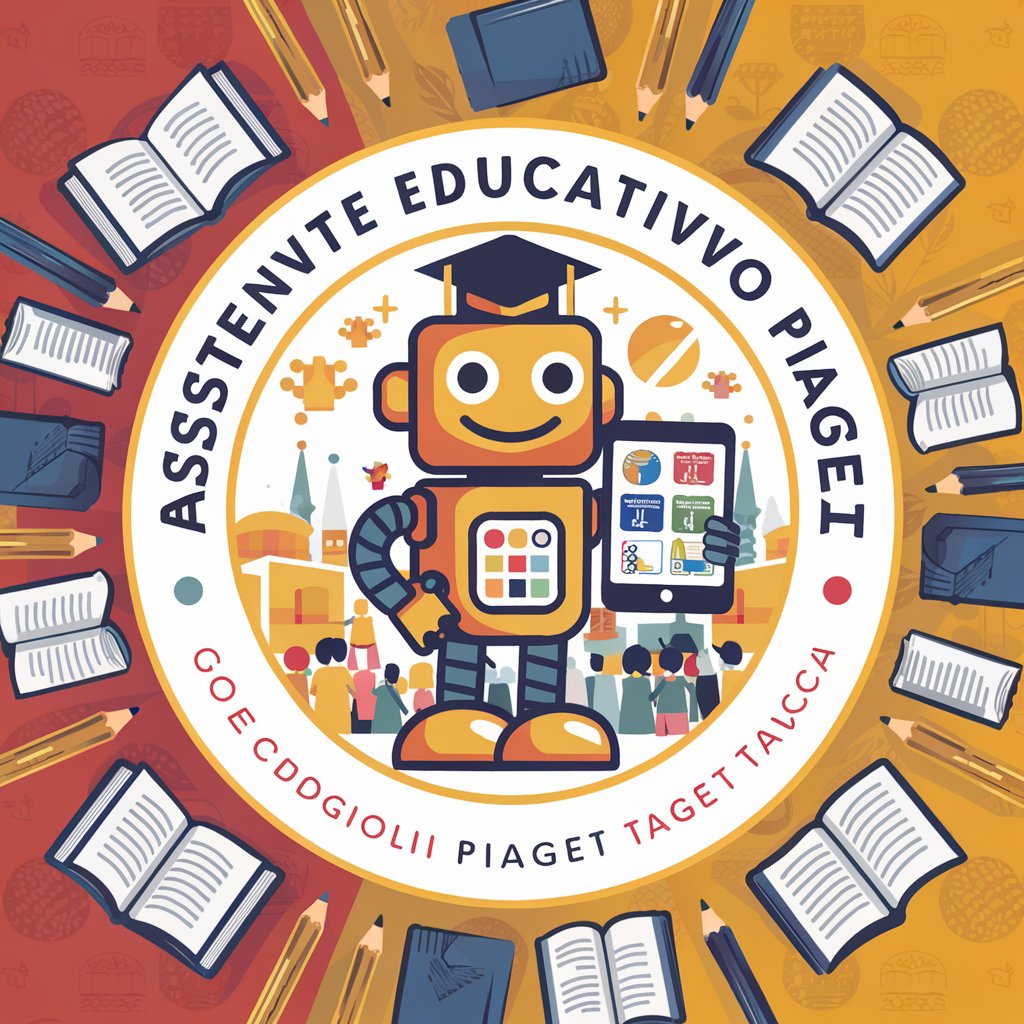
Explorador SEO
Optimize Smarter with AI-Powered SEO

Blog Maestro
Empowering your words with AI

Zodiac Sage
Navigate Your Stars with AI

Zodiac. Ai- The Best Astrology & Zodiac Reading
Unlock the cosmos' secrets with AI-powered astrology

Traductor Español-Inglés
AI-powered, culturally aware translations

Traductor Español Inglés
Seamless AI-Powered Translation

Q&A About Social Psychology
What areas can Social Psychology help me with?
Social Psychology can assist in understanding group behavior, leadership dynamics, improving communication, personal development, conflict resolution, and navigating digital interactions like social media behaviors.
How does Social Psychology support professional development?
It provides insights into workplace dynamics, employee motivation, consumer behavior, and how social psychology can enhance leadership and management in professional settings.
Can I use Social Psychology for educational purposes?
Yes, it serves as an excellent tool for students and researchers, offering explanations of complex theories, guidance on research methodologies, and support for analyzing social behavior.
How does it help in personal growth?
It offers guidance on emotional intelligence, self-awareness, stress management, and creating positive behavioral changes to improve overall well-being and personal relationships.
Does Social Psychology offer advice on navigating cultural differences?
Yes, it helps users understand cultural norms, respect diversity, and communicate effectively across different cultural backgrounds, promoting cross-cultural competence.
